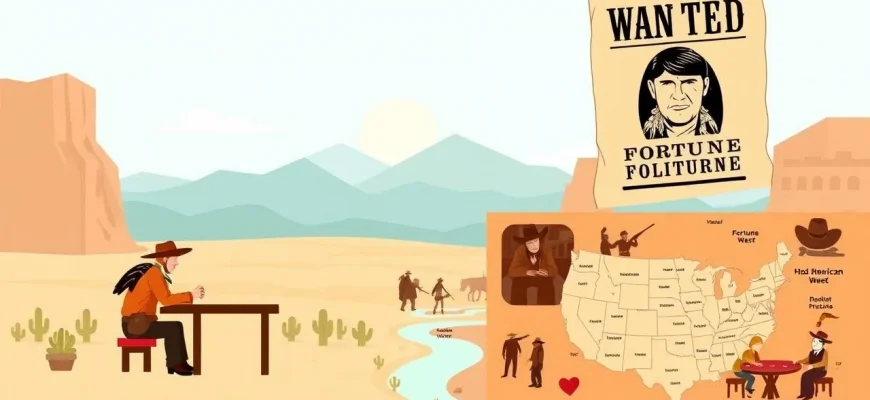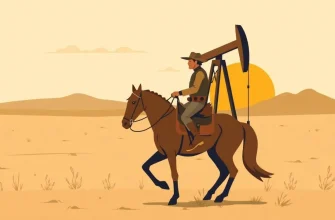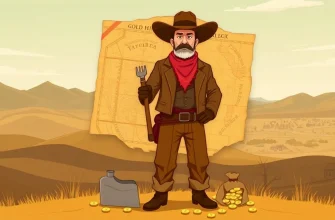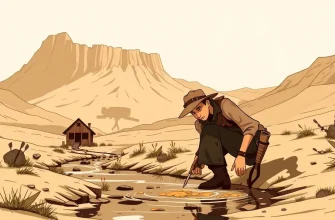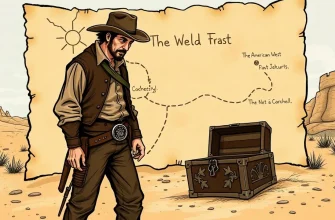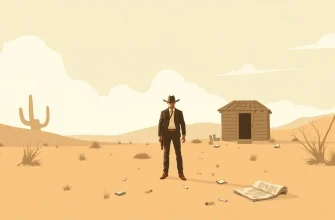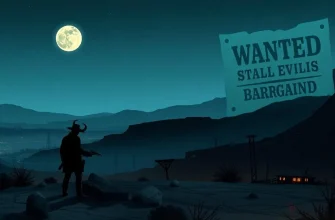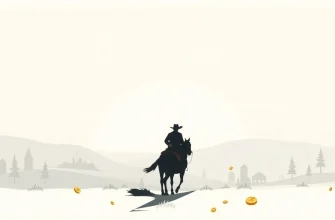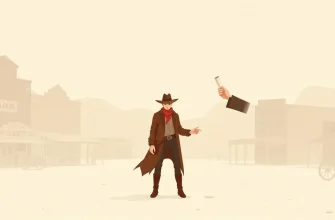The Wild West was not just about gunslingers and outlaws; it was also a land where deals were struck, alliances formed, and fortunes made or lost. This curated list of 10 Western films delves into the art of negotiation, showcasing how deals shaped the destinies of characters in this rugged, lawless frontier. From land grabs to gold rushes, these films offer a thrilling look at the high stakes of deal-making in the Old West, providing both entertainment and a glimpse into the economic and social dynamics of the era.

The Ox-Bow Incident (1943)
Description: A group of townspeople make a deal to form a posse and hunt down cattle rustlers, leading to a tragic miscarriage of justice. The film examines the consequences of mob mentality and the deals made in the heat of the moment.
Fact: The film was based on the novel by Walter Van Tilburg Clark, which was inspired by a real-life incident. It was also one of the first Westerns to deal with themes of justice and morality.
 Watch Now
Watch Now 
The Treasure of the Sierra Madre (1948)
Description: Three men strike a deal to search for gold in the Sierra Madre mountains, but greed and paranoia threaten to unravel their partnership. This film is a study in human nature and the deals men make when faced with wealth.
Fact: Humphrey Bogart's character, Fred C. Dobbs, was inspired by real-life prospectors. The film won three Academy Awards, including Best Director for John Huston.
 Watch Now
Watch Now 
The Big Country (1958)
Description: This epic Western revolves around a retired sea captain who arrives in Texas to marry his fiancée but finds himself embroiled in a feud over water rights. The film's central theme is the negotiation and deal-making between rival families, highlighting the complexities of land ownership and power dynamics.
Fact: Gregory Peck, who plays the lead, was initially reluctant to take the role, feeling the character was too passive. The film was nominated for two Academy Awards, winning one for Best Original Score.
 Watch Now
Watch Now 
The Man Who Shot Liberty Valance (1962)
Description: This classic Western explores the myth-making of the West through the story of a lawyer who becomes a hero after a deal with a gunslinger to confront an outlaw. The film delves into the politics of reputation and the deals made to maintain it.
Fact: John Ford, the director, was known for his Westerns, and this film is often cited as one of his best. It was also one of the last films to feature both John Wayne and James Stewart together.
 Watch Now
Watch Now 
The Wild Bunch (1969)
Description: Aging outlaws make a deal for one last heist, but their plans are complicated by betrayal and the changing times. This film is a meditation on the end of the Old West and the deals made in desperation.
Fact: Sam Peckinpah's use of slow motion in the film's violent scenes was groundbreaking at the time. The film was controversial for its graphic violence, leading to multiple edits before release.
 Watch Now
Watch Now 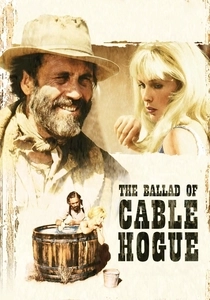
The Ballad of Cable Hogue (1970)
Description: After being left for dead in the desert, Cable Hogue finds water and turns it into a profitable stagecoach stop, making deals with travelers and the local townsfolk. The film showcases how a simple resource can become a powerful bargaining chip in the West.
Fact: Sam Peckinpah, the director, considered this film one of his personal favorites. It was also one of the last films to feature Jason Robards in a leading role.
 Watch Now
Watch Now 
The Cowboys (1972)
Description: When his regular crew deserts him, a rancher hires schoolboys to drive his cattle to market, making deals with them and their parents. The film showcases the deals made out of necessity and the growth of young men.
Fact: John Wayne, who plays the rancher, was initially reluctant to star in the film due to its dark themes. It was also one of the last films where Wayne played a traditional Western hero.
 Watch Now
Watch Now 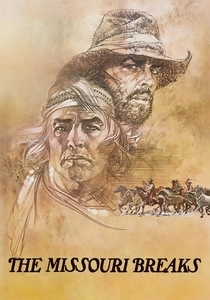
The Missouri Breaks (1976)
Description: A cattle rustler and a rancher strike a deal to end their feud, but the arrival of a notorious regulator complicates matters. This film explores the personal and economic deals that shape the West.
Fact: The film marked the first collaboration between Marlon Brando and Jack Nicholson, who had a famously tumultuous relationship on set. Brando improvised much of his dialogue, adding to the film's unique flavor.
 Watch Now
Watch Now 
The Proposition (2005)
Description: Set in the Australian Outback, this gritty Western follows an outlaw who is given a proposition by the local lawman: hunt down and kill his older brother, or his younger brother will be executed. The film explores the moral and ethical dilemmas of making deals under duress.
Fact: The film was shot in the harsh conditions of the Australian Outback, with temperatures reaching up to 50°C. It was also Nick Cave's first screenplay, known more for his music than his writing at the time.
 Watch Now
Watch Now 
The Great Northfield Minnesota Raid (1972)
Description: This film recounts the James-Younger Gang's botched bank robbery in Northfield, Minnesota, where deals among the gang members and with local townsfolk play a crucial role in their downfall.
Fact: The film was shot on location in Northfield, Minnesota, where the actual robbery took place. It was also one of the first films to portray Jesse James as a flawed anti-hero.
 30 Days Free
30 Days Free 
